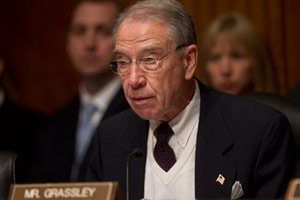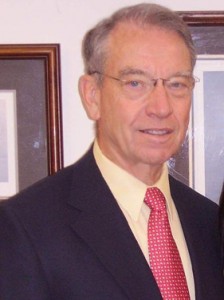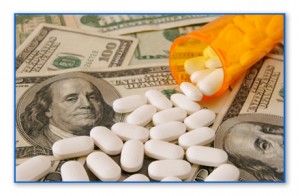
ABC News: DSM-5 Criticized for Financial Conflicts of Interest—70% of task force members have ties to Pharma
Controversy continues to swell around the fifth edition of the Diagnostic and Statistical Manual of Mental Disorders, better known as DSM-5. A new study suggests the 900-page bible of mental health, scheduled for publication in May 2013, is ripe with financial conflicts of interest.
The manual, published by the American Psychiatric Association, details the diagnostic criteria and recommended treatments — many of which are pharmacological — for each and every psychiatric disorder. After the 1994 release of DSM-4, the APA instituted a policy requiring expert advisors to disclose drug industry ties. But the move toward transparency did little to cut down on conflicts, with nearly 70 percent of DSM-5 task force members reporting financial relationships with pharmaceutical companies — up from 57 percent for DSM-4.




